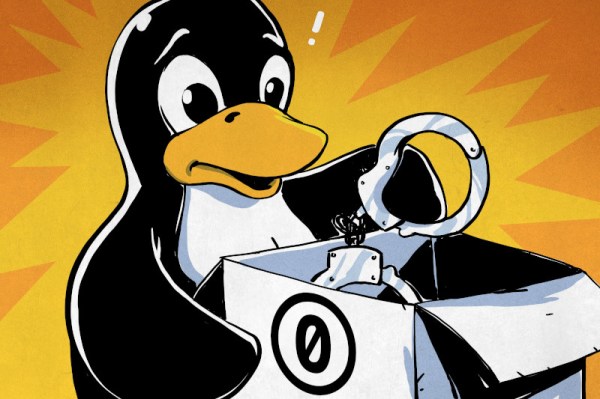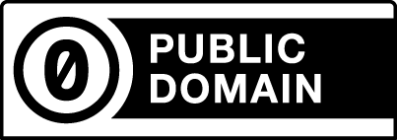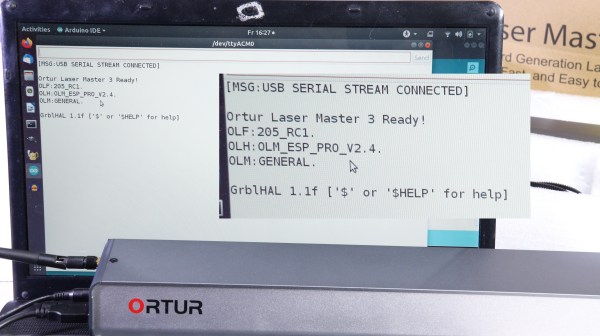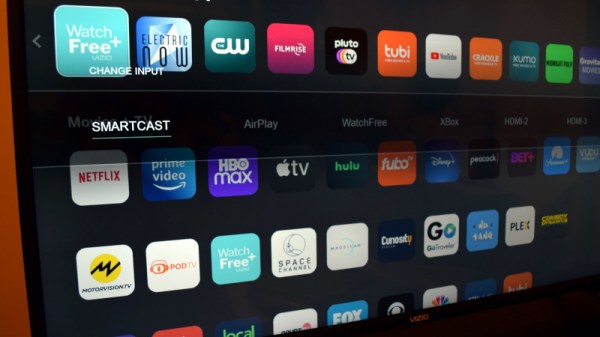Earlier this month we covered the brewing controversy over libogc, the community-developed C library that functions as the backbone for GameCube and Wii homebrew software. Questions about how much of the library was based on leaked information from Nintendo had been circulating for decades, but the more recent accusations that libogc included code from other open source projects without proper attribution brought the debate to a head — ultimately leading Wii Homebrew Channel developer Hector Martin to archive the popular project and use its README as a central point to collect evidence against libogc and its developers.
 At the time, most of the claims had to do with code being taken from the Real-Time Executive for Multiprocessor Systems (RTEMS) project. Martin and others in the community had performed their own investigations, and found some striking similarities between the two codebases. A developer familiar with both projects went so far as to say that as much as half the code in libogc was actually lifted from RTEMS and obfuscated so as to appear as original work.
At the time, most of the claims had to do with code being taken from the Real-Time Executive for Multiprocessor Systems (RTEMS) project. Martin and others in the community had performed their own investigations, and found some striking similarities between the two codebases. A developer familiar with both projects went so far as to say that as much as half the code in libogc was actually lifted from RTEMS and obfuscated so as to appear as original work.
While some of these claims included compelling evidence, they were still nothing more than accusations. For their part, the libogc team denied any wrongdoing. Contributors to the project explained that any resemblance between libogc code and that of either leaked Nintendo libraries or other open source projects was merely superficial, and the unavoidable result of developing for a constrained system such as a game console.
But that all changed on May 6th, when the RTEMS team released an official statement on the subject. It turns out that they had been following the situation for some time, and had conducted their own audit of the libogc code. Their determination was that not only had RTEMS code been used without attribution, but that it appeared at least some code had also been copied verbatim from the Linux kernel — making the license dispute (and its solution) far more complex.
Continue reading “RTEMS Statement Deepens Libogc License Controversy”

















